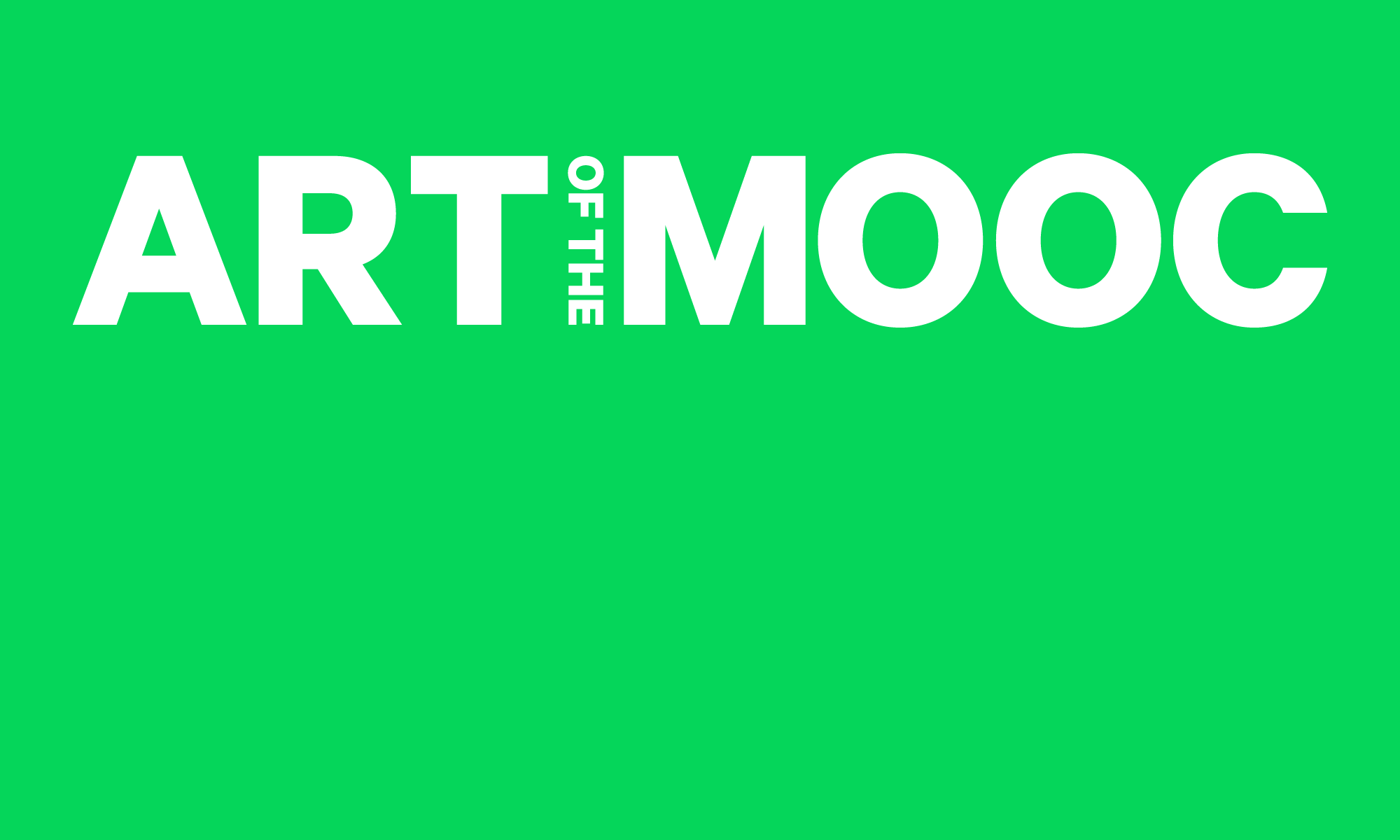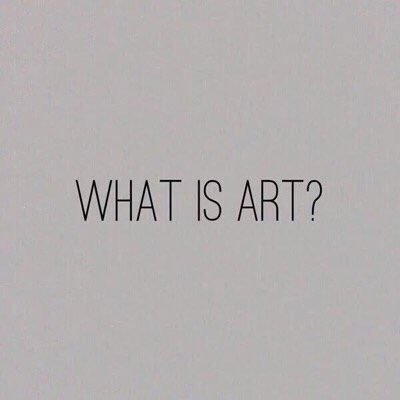‘ist’ is an interesting suffix in the English language that when added to many common words, produces an abstract representation of a group of people who are specialized at doing some specific things. People who work with, and are often good at, Physics, are called the Physicists; people who are good at the study of languages are called the linguists. The examples are innumerable. We also often notice that, to become a Physicist, one usually has to be trained in some higher education institute, there are fewer exceptions these days. The same goes for many other ‘ists’. So, what is required for someone to become an artist then? Does making a piece of art (whatever it means and however art is defined) makes someone an artist? Who is to judge whether this person is qualified to be called an artist?
To be called a ‘ist’ separates a person from the general population by setting some kind of barrier between the person and the general public. The barrier (consequentially the boundary between an artist and non-artist) is blurred when the definition of art expands. So it seems that to some extent, advocating every individual can be an artist is the same as advocating that there are far more things that should be considered arts than they already are.

